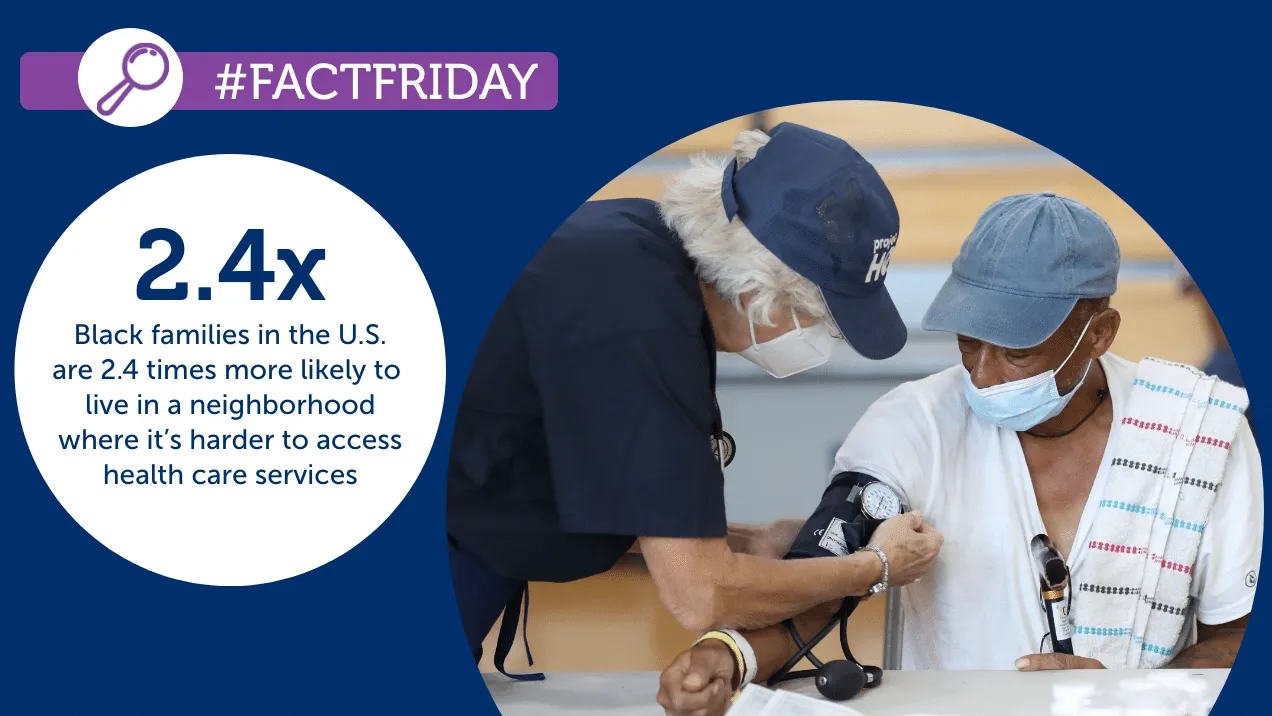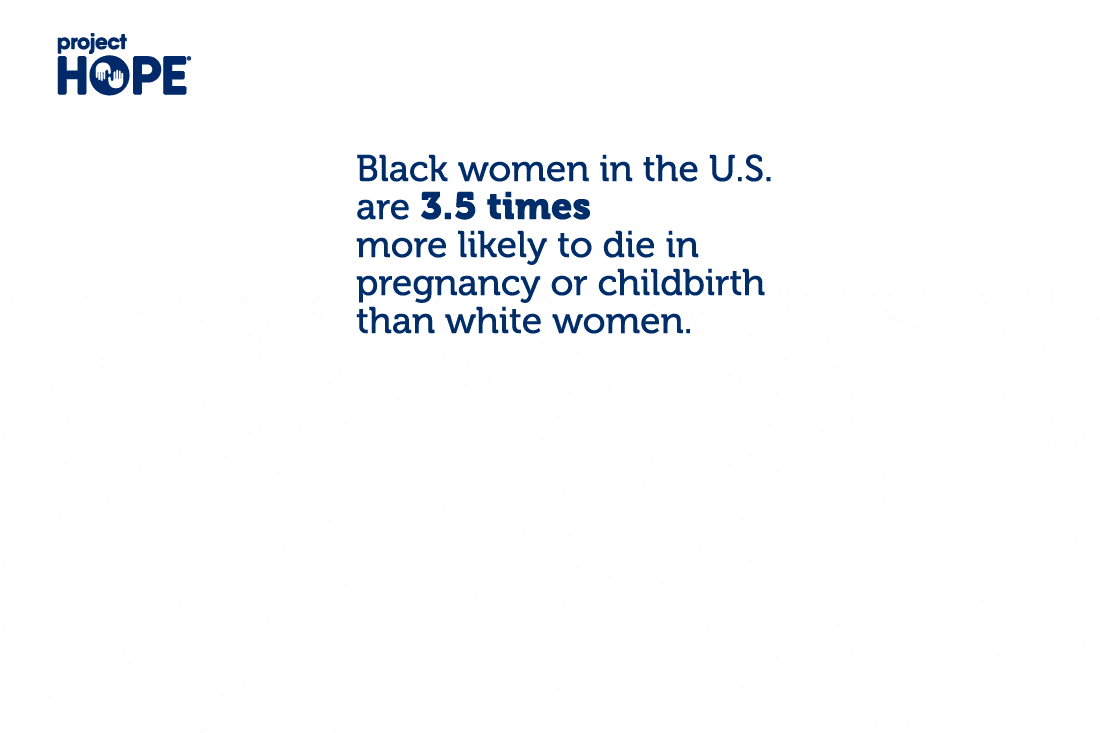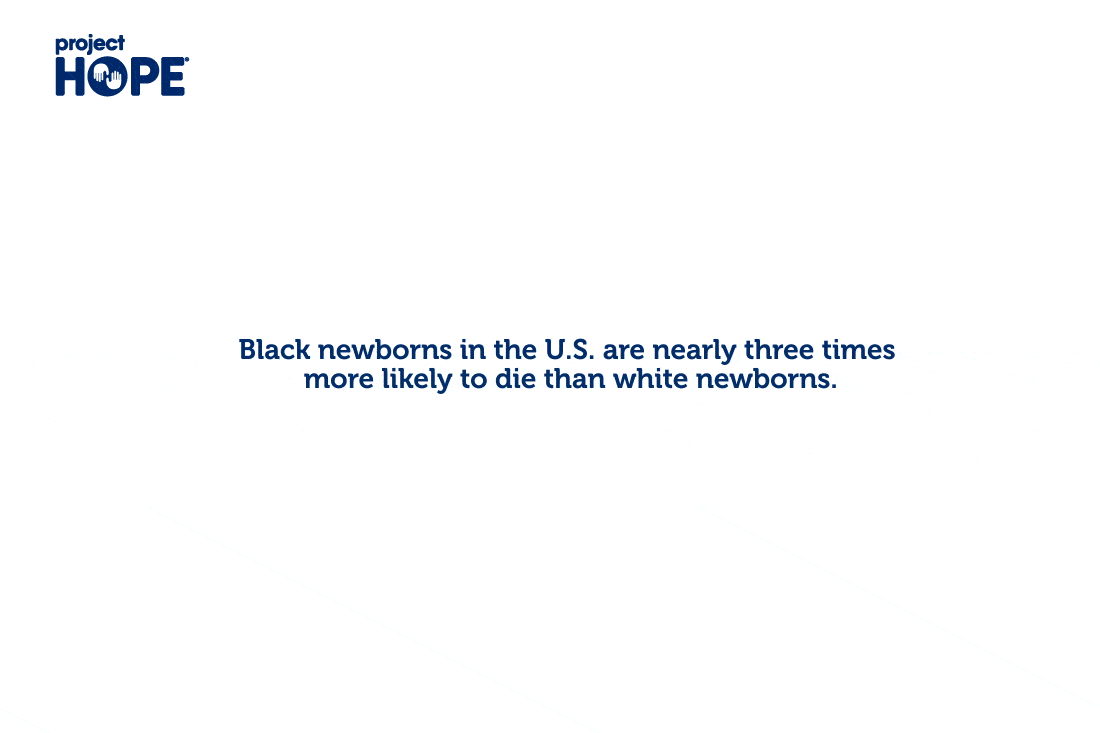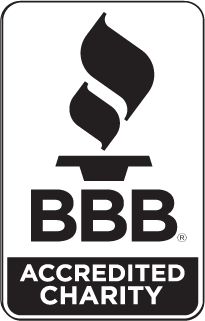4 Facts: The Inequities Behind Black Health
Black Americans are at a serious disadvantage when it comes to accessing quality health services. Here are four facts to better understand racial disparities in health care.

Health should never be determined by race. But there are stark racial disparities when it comes to accessing care in every context, from COVID-19 to maternal health.
For generations, Black families have suffered the health consequences of systemic racism. Inequities are reflected in every measure, from length and quality of life to rates of disease and death.
Here are four facts that expose the reality of Black health inequities and the gaps in care.
Fact 1: COVID-19 has disproportionately reduced life expectancy for Black Americans.

COVID-19 has stolen years of all our lives, but especially for Black and Hispanic Americans. And unlike white Americans, these drops may remain for years after the pandemic is over.
As of October 2021, Black Americans were at least twice as likely as white Americans to die from the virus. Before COVID-19, Black Americans were already living about 3.5 fewer years than white Americans on average (75 years versus 79 years) because of deeply rooted social and economic inequities. Now the average difference is even greater: 72 years versus 78 years.
Fact 2: Black women in the U.S. are 3.5 times more likely to die in pregnancy or childbirth than white women.

The health inequities go far beyond the pandemic. During and after pregnancy, for example, Black women experience 3.5 times the risk of death than white women do.
The leading causes of maternal death among Black women are a disease of the heart muscle called postpartum cardiomyopathy and the blood pressure disorders preeclampsia and eclampsia. For these conditions, Black women’s mortality rates are five times higher than those for white women.
The difference in risk is a reflection of structural racism and implicit biases that deny Black women access to the same quality of care — or any care at all.
Fact 3: Reducing newborn mortality rates among Black newborns would prevent 2,800 deaths every year.

Black newborns in the U.S. are three times as likely to die as white newborns.
But when Black doctors care for Black babies, their mortality rate is cut in half.
If these mortality rates were equal, 2,800 lives would be saved every year. But the numbers aren’t heading in the right direction: the gap between infant mortality rates has actually slightly worsened over the past 50 years.
Fact 4: Black Americans are more than twice as likely as white Americans to live in a neighborhood with limited health care services.

Black families are 2.4 times more likely to live in a neighborhood where it’s harder to access health care services.
This has far-reaching effects and outcomes that lead to a lower life expectancy, such as heightened vulnerability to COVID-19.
Black Americans are at twice as high a risk of getting COVID-19 than white Americans — even though they are more likely to try and get tested or vaccinated (though less likely to be successful). As of December 2021, Black vaccination rates trailed white ones by 10 percentage points or more in nearly half of U.S. states.







